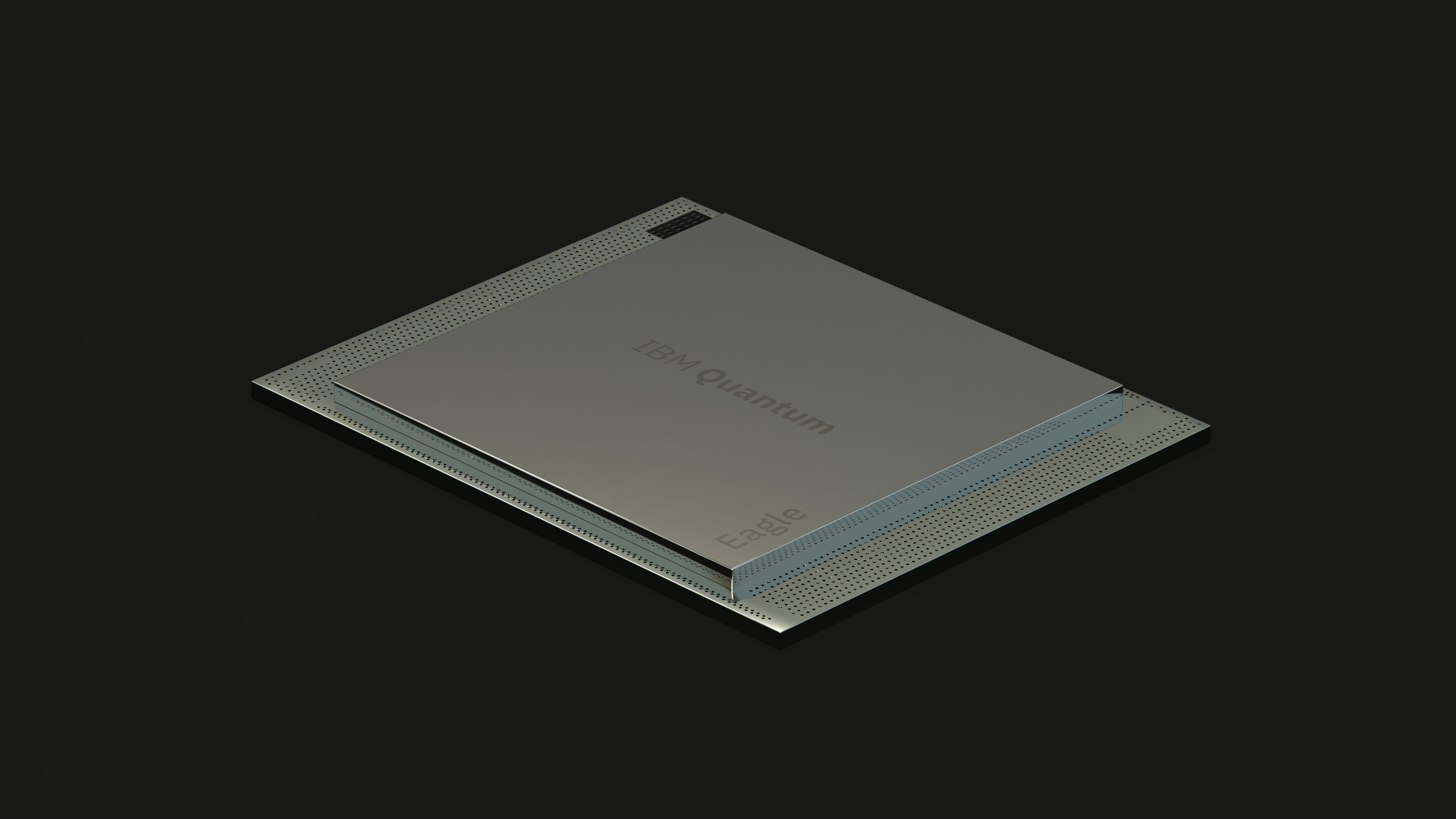IBM to invest $730 million in Canadian semiconductor sector: Report
Chip packaging is now a thing for IBM to consider.

IBM is set to channel over $730 million in expanding its semiconductor packaging and testing plant in Bromont, Quebec, aiming to strengthen its semiconductor supply chain. This investment, spread over the next five years, will enhance the largest facility of its type in the region and is anticipated to generate 280 new skilled jobs, Bloomberg reports.
The Bromont facility, occupying 800 acres approximately 50 miles east of Montreal, is an important player in semiconductor production in North America as far as its applications are concerned. It also hosts Canada’s first universal quantum computer. IBM's expansion will enable the transformation of chips into microelectronic components to occur onshore, reducing the current dependence on offshore packaging services, particularly from Taiwan.
The expansion strategy includes an initial investment phase of C$227 million, in collaboration with IBM's partner, the MiQro Innovation Collaborative Centre. This phase, funded by C$100 million by the Canadian and Quebec governments, focuses on extending the existing plant and establishing a new research and development lab. These enhancements are crucial for adapting to the evolving demands of the semiconductor industry.
IBM cites global supply chain disruptions and the importance of reducing reliance on Taiwan as the global foundry for everyone. In fact, East Asia accounts for 75% of global semiconductor manufacturing — including memory — a concentration that poses risks to supply continuity as experienced during recent COVID-related global challenges. The planned developments at Bromont aim to mitigate these risks by fostering a more resilient supply framework within North America.
The expansion, of course, also closely aligns with the governmental strategy to bring semiconductor manufacturing back to the U.S.
Canada's approach, while supportive, aims not to duplicate U.S. efforts but to complement them by focusing on specialized sectors like aerospace and healthcare, the report says. This strategy indicates a selective enhancement of the semiconductor industry, designed to bolster specific high-tech fields rather than mass-producing generic components.
Get Tom's Hardware's best news and in-depth reviews, straight to your inbox.

Anton Shilov is a contributing writer at Tom’s Hardware. Over the past couple of decades, he has covered everything from CPUs and GPUs to supercomputers and from modern process technologies and latest fab tools to high-tech industry trends.